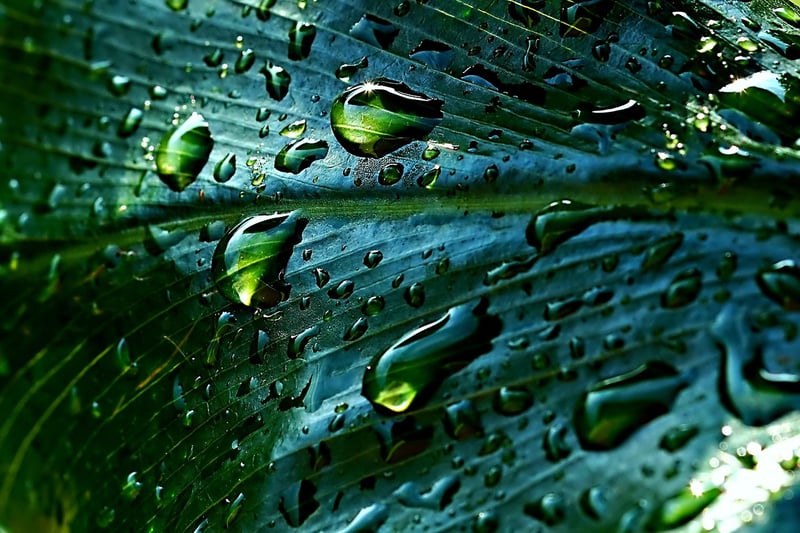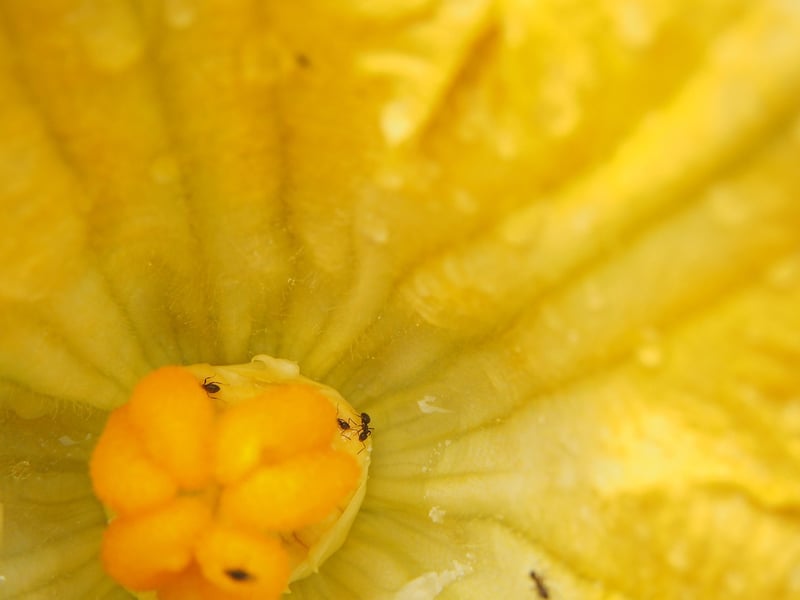Rainwater Harvesting
The Benefits of Rainwater Harvesting for Environmentally-Friendly Practices
Rainwater harvesting is a sustainable practice that can offer significant benefits for the environment and help promote eco-friendly living. By collecting and storing rainwater, individuals and communities can reduce their reliance on traditional water sources and contribute to water conservation efforts.
Why Rainwater Harvesting?
Rainwater harvesting is a simple yet effective way to utilize natural resources and reduce water consumption. By capturing rainwater that falls on rooftops or other surfaces, it can be stored for later use in activities such as watering plants, washing cars, or even flushing toilets.
Environmental Benefits
- Conservation: Rainwater harvesting helps conserve water resources by reducing the demand on mains water supply.
- Reduces runoff: By collecting rainwater, it reduces stormwater runoff, which can help prevent erosion and flooding in urban areas.
- Minimizes water pollution: Harvested rainwater can be used for various non-potable purposes, reducing the strain on freshwater sources and minimizing pollution from runoff.
How to Implement Rainwater Harvesting
Setting up a rainwater harvesting system can be done at a household or community level. It typically involves installing gutters, downspouts, and a storage tank to collect and store the rainwater. The water can then be filtered and used for various purposes around the property.
Key Components of a Rainwater Harvesting System
- Roof Catchment: The surface area where rainwater is collected, usually the roof of a building.
- Gutters and Downspouts: Channels that collect rainwater from the roof and direct it to the storage tank.
- Storage Tank: A container to store the collected rainwater for later use.
- First Flush Diverter: A mechanism to divert the initial runoff, which may contain debris, away from the storage tank.
- Filtering System: Helps remove debris and contaminants from the collected rainwater before use.
Conclusion
Rainwater harvesting is a sustainable practice that offers numerous environmental benefits and can help individuals and communities reduce their water consumption. By implementing rainwater harvesting systems, we can take a step towards a more eco-friendly and water-conscious future.

For more information on rainwater harvesting and other environmentally-friendly practices, visit EPA's Rainwater Harvesting page.
